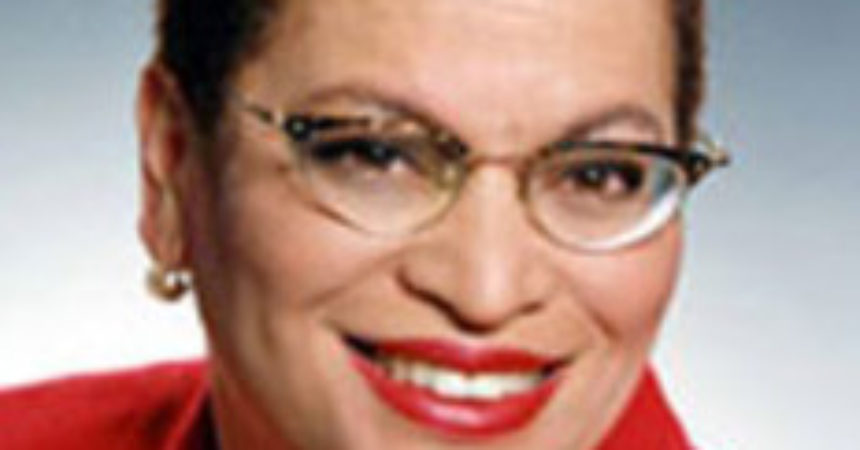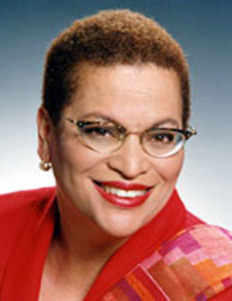
Miscarriage is not a crime, medically necessary abortion should not be either

Brittany Watts wasn’t seeking an abortion. At 21 weeks, she sought medical care at nearby Mercy Health-St. Joseph’s Hospital in Warren, Ohio. A doctor told Watts that her water had broken prematurely, that her fetus was dead, and that she had to have labor induced.
Then, doctors entered into a morality debate and kept the pregnant 33-year-old, who was in excruciating pain, waiting for eight hours. She left the hospital, not knowing when she would be seen, and went home.
Brittany returned to the hospital the next day. Again, she waited for hours without being seen. Again, she went home. At home, she miscarried, pushing her fetus out into the toilet. When she returned to the hospital for a third time, disclosing that she had miscarried, and a nurse called the police, suspecting that she had self-aborted. She was charged with felony abuse of the fetal remains that she passed in the toilet, although the fetus was dead when it passed from her body.
Instead of focusing on grieving and healing, Watts was plunged into a legal labyrinth that started with her Dec. 19 arrest, and ended when a grand jury declined to charge her. For a month, this young woman was in a legal limbo that might have resulted in a year in jail and thousands of dollars of fines.
The inhumanity that a Trumbull County prosecutor imposed on this woman is not unusual. Since the Supreme Court overturned Roe v. Wade, abortion bans have forced women to endanger their lives by continuing dangerous pregnancies that would be ended but for rabid anti-abortion legislation.
Antiabortion legislation criminalizes ordinary pregnancy complications. According to some studies, as many as one in five pregnancies result in miscarriage and one in 175 babies are stillborn.
Yvette Cabrera, wrote “When Pregnancy Becomes A Crime” for the Center for Public Integrity. She notes that states have increased criminal investigations of pregnancy loss, “including miscarriages, stillbirths, and self-induced abortions.” Guess who they are most likely to investigate? Poor women, women of color, young women, and people with substance abuse issues.
Those who advocate for the “right to life” seem to feel little for the lives of women they persecute because of their pregnancy outcomes.
Brittany Watts was blessed. A community rallied around her, raising more than $190,000 for her legal fees and for counseling. While the grand jury declined to indict, Watts has been through quite an ordeal. If anyone should be indicted, it should be the doctors who debated the morality of inducing birth, while Watts waiting for hours for attention. At the same time, some doctors fear performing abortions lest they be charged and incarcerated.
Kate Cox left Texas to get a medical abortion when she learned that her pregnancy would have fatal consequences both for her and her child. She actually sued Texas to get the abortion she needed, but when the courts sided against her, she left the state to receive necessary medical care. She had the resources both to sue Texas and to leave the state when necessary. What would have happened to a less resourced woman?
I am reminded of Regina McKnight, the first woman charged and convicted of child abuse because she gave birth to a stillborn child. McKnight was sentenced to 20 years, and required to serve 12 years of her sentence. Her conviction was overturned after eight years, but those years cost her dearly. She had other children, who she missed and was unable to nurture and raise. Her life came to a hard stop. The National Advocates for Pregnant Women, an organization that has been researching the increase in criminalized pregnancies, championed her.
The repeal of Roe allows the courts to criminalize pregnancy, and the zeal to unearth “criminal” behavior by those who miscarry or give birth to dead children is abhorrent. The fact that so many Black women find themselves criminalized and, with limited resources, being pushed into courts speaks to the antipathy that our nation has for women, especially Black women.
More than 30 years ago, a group of Black women, including Dr. Dorothy Height, Essence editor Susan Taylor, Planned Parenthood leader Faye Wattleton, Rev. Willie Barrow, and about a dozen others (I was among them), came together to assert our right to reproductive freedom. Essence and Mrs. Magazine editor Marcia Ann Gillespie wrote the powerful statement that began with the sentence “Choice is the essence of freedom.” Repealing Roe takes away our choice. Criminalizing pregnancy limits our choice. Those who use pregnancy and women’s health as a political football don’t see the faces behind their rhetoric, like Regina McKnight who lost eight years of her life behind political nonsense, Brittany Watts who faced criminal incarceration for miscarrying, Tricia Cox who had to leave her state to get medical system. Enough!
Julianne Malveaux, Ph.D., a former college president, is an economist, author, and commentator. juliannemalveaux@aol.com.







